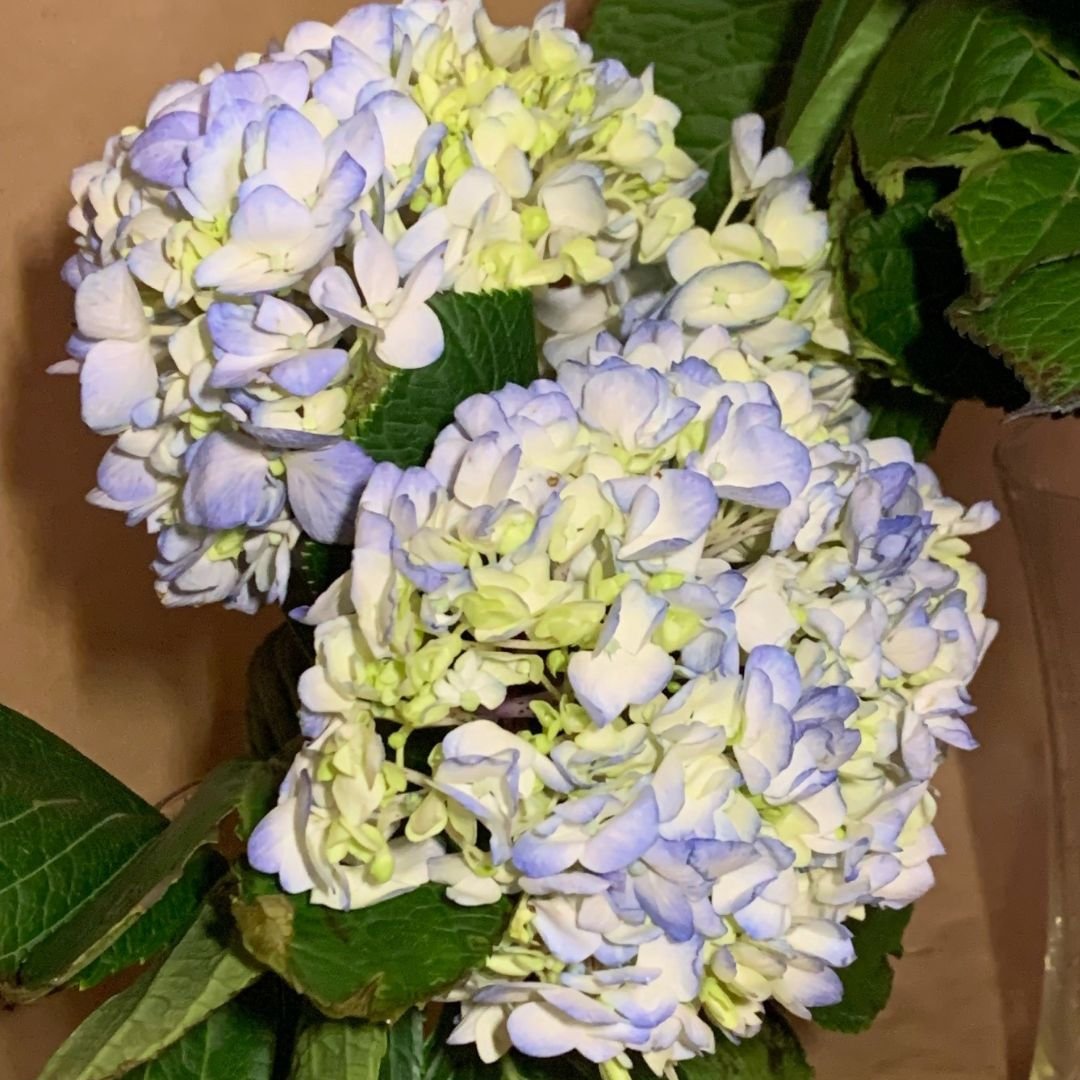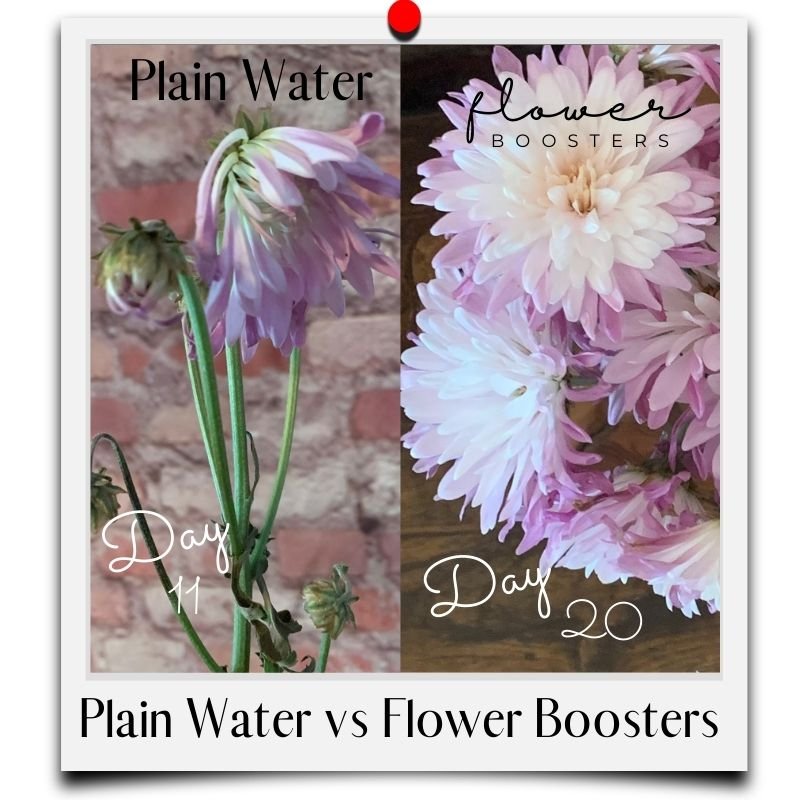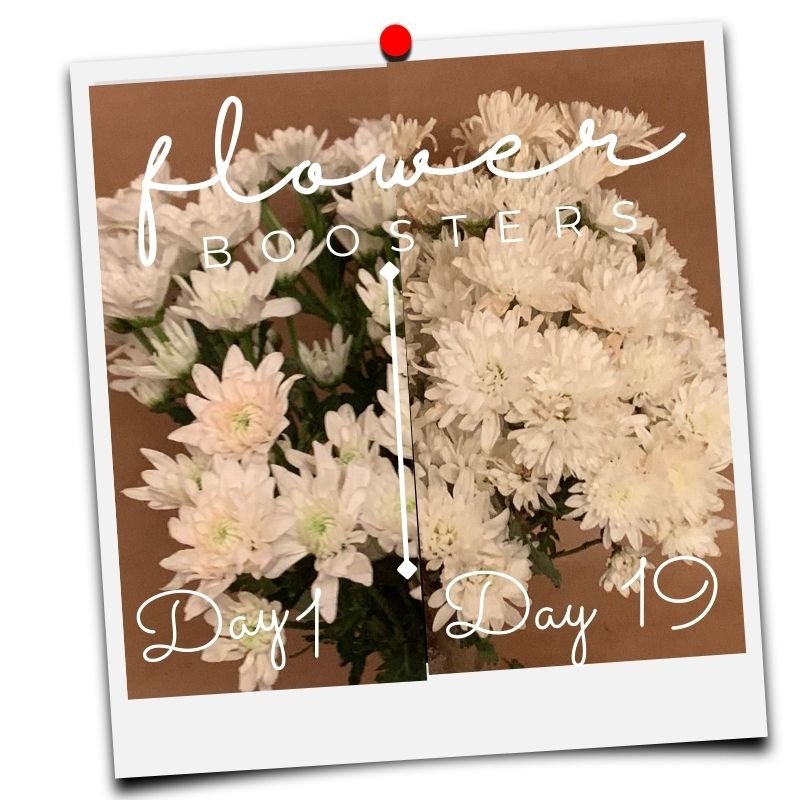How to Revive a Hydrangea (Even If It’s Already Wilting)

Can You Revive a Wilting Hydrangea?
Yes—you can revive a cut hydrangea flower, even if it’s completely wilted.
As one of the thirstiest flowers you can buy, hydrangeas often wilt not because they’re old, but because they simply haven’t had enough water—or can’t absorb it properly.
In this post, I’ll share exactly how I saved two totally limp hydrangea stems using a simple soaking method, and how you can do the same.
I’d never had this happen before I recently brought home some fresh cut hydrangeas . I was suddenly thrust into a full-blown wilting Hydrangeas crisis as 2 of the 5 heads suddenly began to droop.
Now, three of the 5 heads were vibrant and bright, but the other two had wilted in only a couple hours which made this so much more confusing.
Was it something I did? If so, why didn’t it effect the other flowers?
I know hydrangeas are thirsty flowers that like lots of water. Why would some flowers droop but not all of them?
Why Do Hydrangeas Wilt So Quickly?
Hydrangeas are notorious for wilting in the vase, especially within the first few hours. Here’s why:
Air bubbles block the stems from absorbing water
Mineral-heavy water can interfere with hydration
Retail bouquets often mix older and newer blooms
Overhandling or warm temperatures can trigger collapse
Hydrangeas drink a lot of water—and they need a clear path to absorb it. If any part of that process is blocked, the result is wilting.

General Hydrangea Care
Hydrangeas don’t require much special care. In general, they should act much like most mixed bouquets you buy in the store. Following these general guidelines should make hydrangeas happy:
1. Place the cut hydrangea stems in the vase and fill it with cool water covering the stem bottoms with a couple inches of clean fresh water.
2. Make sure the ends of the stems have been trimmed at an angle so they can easily take fresh water up the stem. Trimming about one inch should do the trick.
4. Make sure the vase is placed in a cool area away from direct sunlight.
5. Check the water level in the vase every other day, and add more if necessary. These are thirsty flowers and you might be surprised how much water they can take in.
6. Change the water in the vase every 2-3 days.
7. To help the hydrangeas last longer, use a flower food to give the flowers an extra boost of nutrients they need to stay fresh longer.
How to Revive a Hydrangea: Step-by-Step
✅ Step 1: Trim the Stems at an Angle
Use sharp scissors or shears to cut ½–1 inch off the bottom of each wilting stem at a 45° angle. This increases the surface area and allows better water uptake.
✅ Step 2: Submerge the Flowers in Cool Water
Lay the hydrangea stems horizontally in a bowl or sink filled with cool, filtered water. Submerge as much of the stem and head as possible.
Use filtered water if you can—tap water may contain minerals that hydrangeas dislike.
Soak for 1 to 4 hours, but no longer than 4 hours total.
 ✅ Step 3: Place Them Back in a Clean Vase
✅ Step 3: Place Them Back in a Clean Vase
After soaking, return the stems to a clean vase with fresh water and flower food. Use a non-porous vase (glass is best) and avoid direct sunlight.
Hydrangeas usually average from 7-15 days life (from time of being cut).
Total recovery.
The wilted heads were standing tall again—and stayed fresh for several more days.
Moral of the story? Don’t give up too soon.

Pro Tips for Hydrangea Vase Care
Always re-cut stems before placing in water
Use cool, not warm water
Keep away from fruit bowls (ethylene gas = faster wilting)
Change vase water every 2–3 days
Add flower food for best results
Bonus Tip: Want to go the extra mile?
Use Flower Boosters—our caffeine-enhanced flower food—to give your bouquet an energy boost and extend bloom life.

make cut flowers last longer







 ✅ Step 3: Place Them Back in a Clean Vase
✅ Step 3: Place Them Back in a Clean Vase